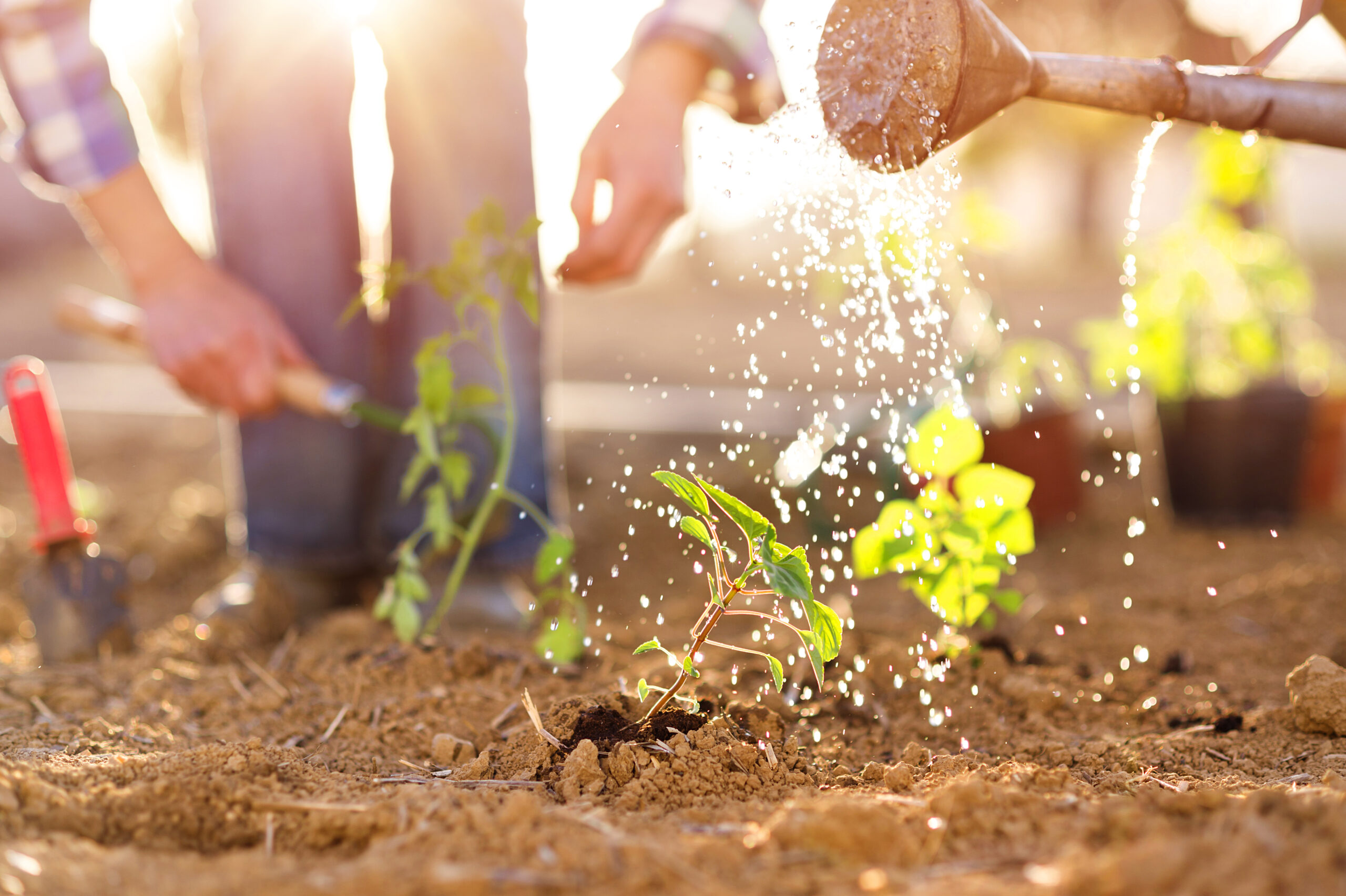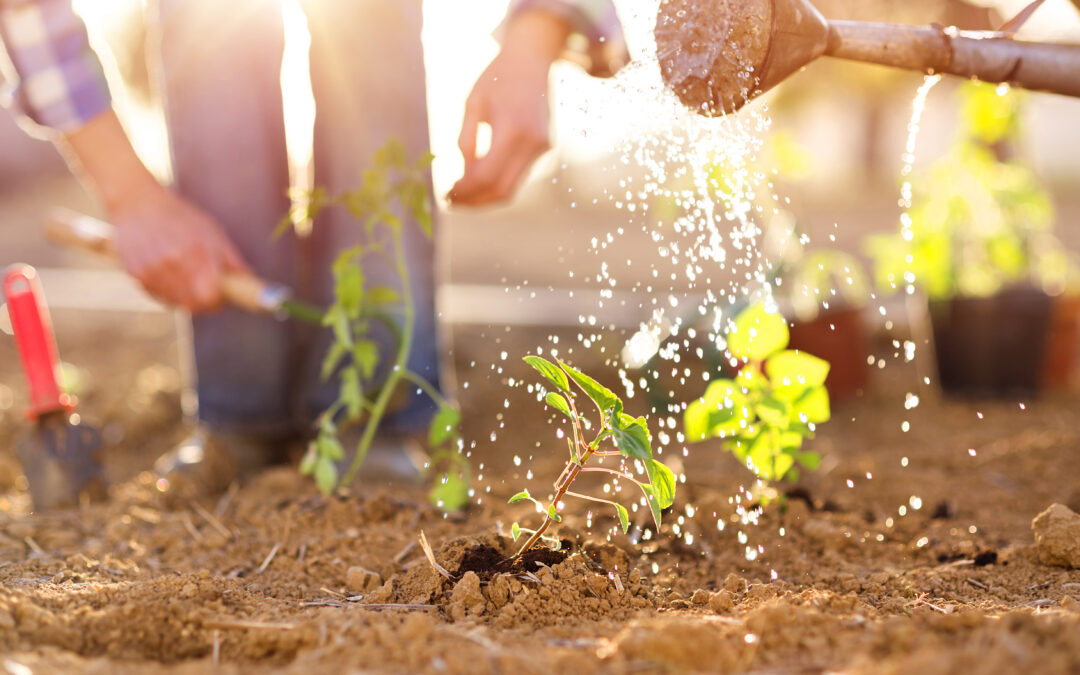Welcome to . In this blog post, we will cover everything you need to know about living a self-sufficient lifestyle. Let’s get started!
Introduction to Self-Sufficiency
Living off the grid is becoming increasingly popular as people seek to reduce their carbon footprint and live more sustainable lives. Self-sufficiency means being able to provide for yourself without relying on external resources or systems. It involves growing your own food, generating your own energy, and creating your own products. By living off the grid, you can reduce your impact on the environment while also gaining greater control over your life.
The Benefits of Living Off the Grid
There are many benefits to living off the grid. First and foremost, it allows you to reduce your reliance on fossil fuels and other nonrenewable resources. This not only reduces your environmental impact but also saves you money in the long run. Additionally, living off the grid gives you greater independence and freedom from government regulations and corporate interests. It also promotes community building and social connections, as you will likely be working with others who share similar values.
How to Start Your Own Garden
One of the key components of self-sufficiency is growing your own food. Starting your own garden is a great way to begin your journey towards self-reliance. The first step is to choose the right location for your garden. Look for an area that receives plenty of sunlight and has good drainage. Once you have selected your site, start by preparing the soil. Remove any rocks or debris and add compost and other organic matter to enrich the soil. Next, plant your seeds or seedlings, making sure to give each plant enough space to grow. Water regularly and watch your plants flourish!

Raising Livestock for Sustenance
Another important aspect of self-sufficiency is raising livestock for sustenance. This includes animals such as chickens, goats, and cows. Raising your own livestock allows you to have a reliable source of meat, milk, and eggs. To raise livestock successfully, you will need to provide them with adequate shelter, food, and water. You may also need to consider breeding programs and veterinary care.
Harnessing Renewable Energy Sources
In order to truly live off the grid, you will need to harness renewable energy sources. Solar power is one of the most popular options, as it allows you to generate electricity using only the sun’s rays. Wind turbines and hydroelectric generators are also viable options depending on your location. By utilizing these forms of renewable energy, you can reduce your dependence on traditional utility companies and save money in the long run.
Building a Self-Sustaining Home
A self-sustaining home is designed to minimize its impact on the environment while maximizing efficiency. These homes often incorporate features such as solar panels, rainwater collection systems, and insulation made from recycled materials. Building a self-sustaining home requires careful planning and attention to detail. Consider consulting with experts in green construction to ensure that your home meets your needs while also reducing your ecological footprint.
Making Your Own Natural Remedies
Finally, making your own natural remedies is an essential component of self-sufficiency. Many common household ailments can be treated with simple herbal remedies, including headaches, digestion issues, and respiratory problems. Learning how to make your own natural remedies will allow you to take control of your health and wellbeing, rather than relying on pharmaceutical drugs.
Preparing for Emergencies and Disasters
While living off the grid can be incredibly rewarding, it also comes with unique challenges. Preparing for emergencies and disasters is critical to ensuring your safety and survival. Make sure to stockpile supplies such as food, water, and medical equipment. You should also establish communication channels with nearby communities and emergency services.
Community Support and Resources
Self-sufficiency does not mean going it alone. Community support and resources are vital to ensuring your success. Connect with like-minded individuals online or through local organizations. Attend workshops and seminars to learn new skills and techniques. And don’t forget to reach out to family and friends for emotional support and guidance.
Conclusion: Tips for Successful Self-Reliance
Congratulations! You have taken the first steps towards successful self-reliance. Here are some final tips to help you along the way:
Start small and build gradually
Learn from experienced practitioners
Experiment and adapt to changing circumstances
Stay committed and persistent
Good luck on your journey towards self-sufficiency!





